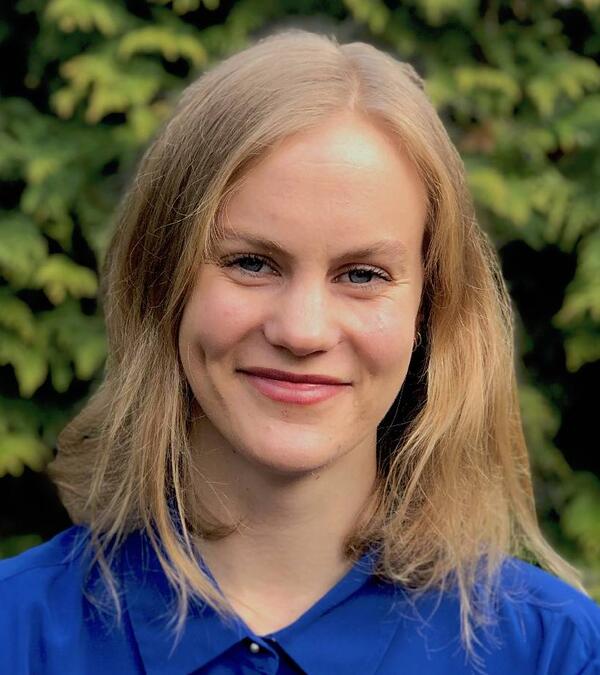Kate Burrows
Doctoral Candidate
Yale School of Forestry and Environmental Studies
Kate Burrows is a PhD candidate and National Geographic Explorer based at Yale University in the School of Forestry & Environmental Studies. She studies environmental epidemiology and the relationship between the environment, migration, and mental health. Prior to beginning at Yale in 2016, Kate received her MPH from Columbia University (2016) where she wrote her masters thesis on the link between climate change, displacement, and conflict (see Burrows & Kinney, 2016). During this time, Kate worked at the American Museum of Natural History (AMNH) as a research assistant. Her work at AMNH focused on how biocultural indicators that capture both socio-cultural and ecological dimensions of resilience can be scaled between local and global systems. This research was published in Nature Ecology & Evolution in 2017 (see Sterling et al., 2017).
Learn more here
Displacement caused by natural disasters and environmental events may significantly impactmental health. Despite the frequency of environmental-displacement today and the potential for increasedoccurrence under global climate change, little research hasbeen conducted on this topic. This is particularlythe case for low-and middle-income countries that may face the worst effects of global environmentalchange but often receive the least amount of global attention and have the least capacity to respond.
This study investigates the effects of landslide-displacement on mental health and wellbeing in Banjarnegara,Indonesia. Landslides are common in this area, and villages and farms are settled on steep slopes whichmakes the population extremely vulnerableto landslide-displacement. We surveyed 425 individuals whoexperienced landslides over the past 5 years, and compare mental health outcomes between those who weredisplaced and those who were not displaced. The survey was conducted door-to-door using a snowballsampling approach. The data collection is complete and analysis is currently underway. Results will bepresented at the conference. Particular consideration will be given to the ways in which individual-levelheterogeneities effect the association between landslides and mental wellbeing. We will also explore theways in which different patterns of mobility impact this relationship. These include the distance of the moveand the degree to which social cohesion was preserved after relocation. Understanding the ways in whichpersonal characteristics (age, sex, socioeconomic status, etc.) impact wellbeing after environmental-displacement can potentially improve disaster response and resource allocation. Further, information aboutwhat makes individuals more or less resilient to landslide-displacement can be used to improve futurerelocation programs, particularly in the context of climate change. As such, this research has implications fordisaster preparedness programming, as well as climate change mitigation, adaptation, and protections forvulnerable populations
Landslide-displacement and mental wellbeing in Banjarnegara, Indonesia
Work Areas:
Climate change,
Community-based research,
Disaster and recovery,
Migration and human mobility






